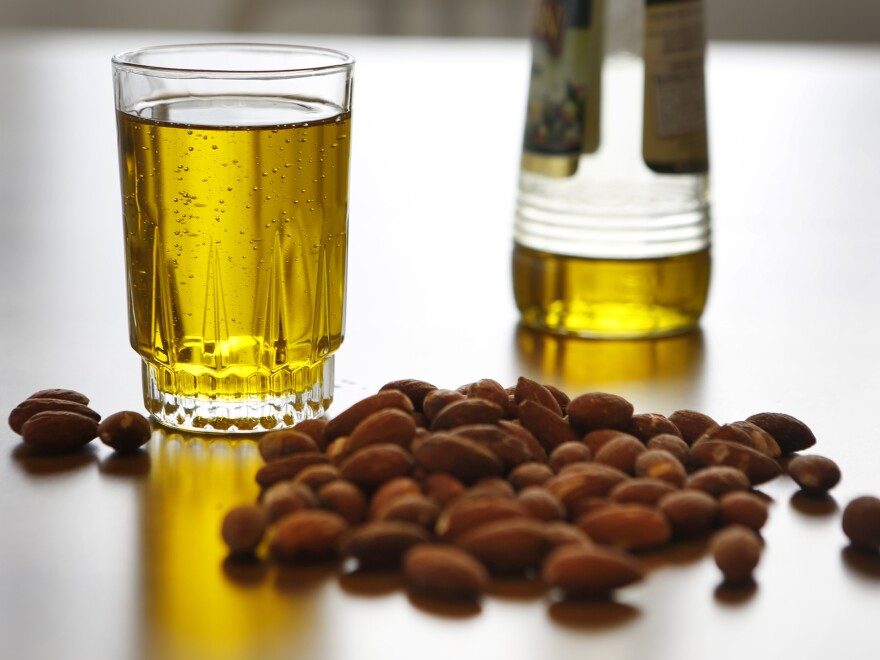There's fresh evidence that a Mediterranean diet can help cut the risk of atherosclerosis, a disease caused by the buildup of plaque in the arteries.
A new analysis, published in the Journal of the American Medical Association, builds on the work of a prior study, which looked at how a diet rich in fruits, vegetables, whole grains, nuts, fish and healthful oils — namely olive oil — cuts the risk of heart attacks and strokes. That earlier study found that the risk was 30 percent lower for people eating the Mediterranean diet compared with those on a standard low-fat diet.
The new analysis looked specifically at how a Mediterranean diet influences the development of peripheral artery disease. This is a common condition among older men and women in which arteries narrowed by atherosclerosis cut off the flow of blood to limbs such as legs and feet.
The study, which included some 8,000 men and women in their 60s and 70s, had participants follow a Mediterranean diet with extra olive oil, a Mediterranean diet with extra nuts, or a standard low-fat diet. The researchers found that the people on the Mediterranean diets had less buildup of fatty deposits in their arteries compared with the men and women on the low-fat diet.
"We were surprised because of the great magnitude" of the association between the diet and the reduced risk of PAD, study author Miguel Martínez-Gonzalez, a researcher at the University of Navarra in Spain, tells us in an email. "This is a very important step in confirming a truly causal relationship between the [Mediterranean-style diet] and cardiovascular protection."
As we've reported, there are a host of beneficial compounds in olive oil that may play a role in reducing inflammation and build up of fatty deposits.
Copyright 2020 NPR. To see more, visit https://www.npr.org.



